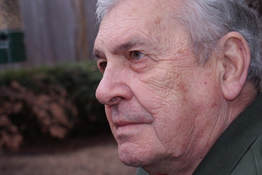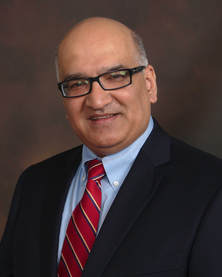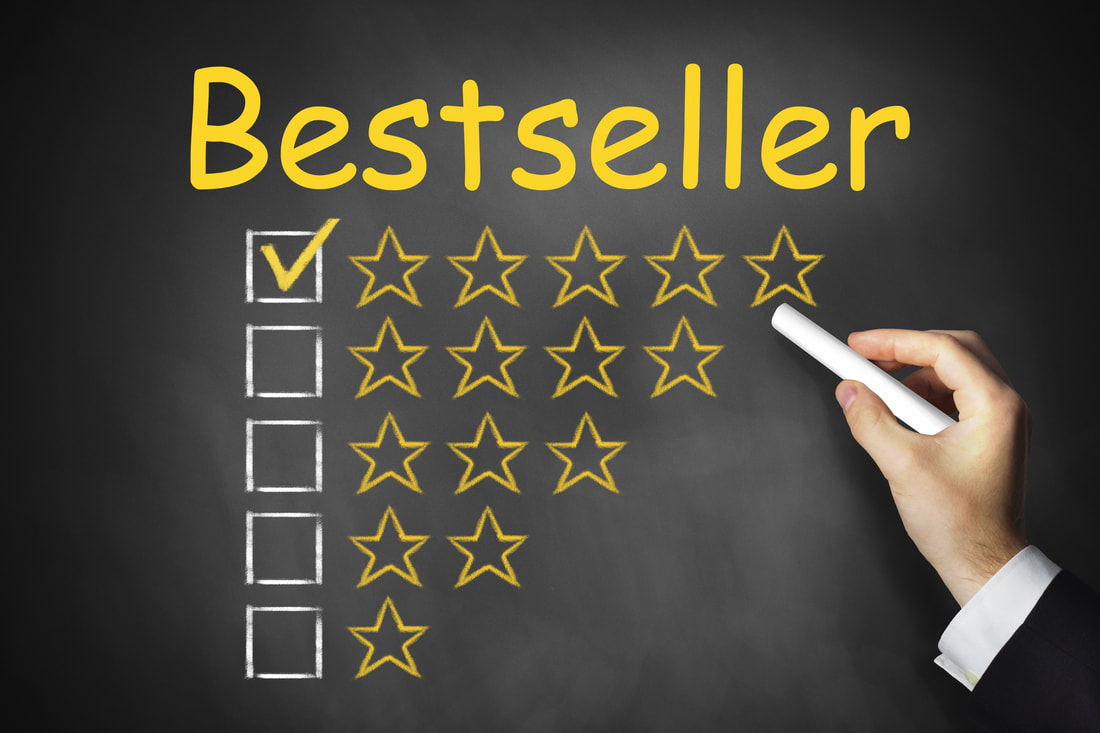Five Questions for Robert Morris, a top book reviewer of business and non-fiction books on Amazon3/10/2018  With so many business, leadership and innovation books being published every year, it is hard to decide which books to read when you have a limited time. That’s why I like reading Robert Morris’ book reviews, who is one of the top book reviewers on Amazon. According to his bio, he has reviewed over 3,400 books. One of the books he reviewed was mine: Winning Speech Moments: How to Achieve Your Objective With Anyone, Anytime, Anywhere. He does an excellent job with his reviews in which he lets readers know what they will learn and leaves it up to the them to decide if they want to read the book. Since he provide such a great service in reviewing books I like to read, I had few questions for Robert which he answers below. What books do you like to review and why? Most of what I read are business books, but I also read non-fiction books such as biographies, memoirs, essay collections, and histories, as well as novels. I only review the books I admire. I like to read those that immediately seize my attention and do not let go until the final paragraph. In fact, as I am within (let's say) a dozen pages of the conclusion, I begin to feel sad that my engagement with the work will soon end. Since childhood, I have viewed books as magic carpets that could transport me to the plains of Troy, Dickens' London at Christmas time, and experiments at the Edison Lab in Menlo Park and later at Xerox's Palo Alto Research Center. My purpose in reviewing is to build a bridge between the given work and those who read my reviews. Peter Drucker once thanked me for "not giving away the plot" in reviews of his books. What is your process for reviewing a book? With regard to works of non-fiction (especially business books), I first check out the subtitle, then the table of contents. The subtitle suggests a question to be answered or a problem to be solved whereas the table of contents serves as a roadmap, providing an overview that resembles a Google Earth photo. Then I skim the book until I read the final chapter. All that is Step One, and it takes about 15-20 minutes. During Step Two, I read the first 2-3 chapters word-for-word, highlighting key passages. If I decide to read the entire book, I continue the process. That's Step Three. I can read all most business books in less than an hour. Reviews take longer. All my reviews have the same primary purpose: To help those who read them to decide whether or not they wish to read the given book. What makes a review worthwhile for readers? Readers tell me that they most appreciate help with deciding whether or not to read the given book. I explain the WHAT and sometimes the WHY; it remains for the author to explain the HOW. What have you learned about writing from reviewing so many books that writers should pay attention to when they are writing their next book? The basics haven't changed since the first "book" was created: o Who is my reader? o What is the purpose of what I create? That is, explain with information, make vivid with compelling details, explain a process, and/or convince. These are Aristotle's four levels of discourse that he devised more than 2,000 years. The purpose of some books is primarily to entertain. And some books are "hybrids," such as Swift's A Modest Proposal, Voltaire's Candide, and Orwell's Animal Farm which can cause both a smile and a wince. Keep in mind that the original meaning of sarcasm is "ripping of flesh." Lifelong Learning I also think that aspiring writers must master the basics of literacy while they gain what should be a never-ending liberal arts education. It is imperative to understand the rules before breaking them. Don’t Waste Reader’s Time With Fluff Too many aspiring writers are ignorant, careless, and self-absorbed...without justification. Though many are worldly, it is hard to discern much thought derived from their experience. Emily Dickinson, a recluse, lived life to the limits...in her mind. Although blind since birth, Helen Keller "saw" more than almost did anyone else in history. Life should be a delicious feast. The best writers have a voracious appetite and very sharp teeth. What have you learned about business, leadership, creativity, innovation, etc., from reviewing so many books related to these topics? Years ago, Albert Einstein was playfully chided by a Princeton colleague for asking the same questions each year on his final examinations. Einstein replied, "Quite true. Guilty as charged! Each year the answers are different." I think the same is true of business. The same questions but different answers through various "revolutions." For example: 1. Who is our customer? 2. What is our core business? 3. How can we create or increase demand for what we offer? 4. How can we attract and then retain the people we need? 5. How can we reduce (if not eliminate) waste? During dinner a few years ago with a very prominent venture capitalist in San Francisco, I asked him how many requests for a meeting did his firm receive each month. "On average, about 1,000. Again on average, we agree to meet with about 75 or so each month." Then I asked how they decided on funding. "We keep three questions in mind. The first two are easy. 'Who are you?' and 'What do you do?' How they answer the third one separates the wheat from the chaff: 'Why should I care?'" Most companies don't answer that last question very well. As a reviewer, you are trying to help readers decide whether they should read a book, but do you also put yourself in an author’s shoes before you post your review? With regard to authors, I never wear their shoes -- nor do I polish them -- but I do appreciate how difficult it is to get a reputable agent which is more difficult than getting a reputable publisher. Most books that are published don't sell as well as their authors originally hoped but at least may have marketing value. There is much to be said for self-publishing and even more to be said for e-books of 50 pages or less. First, of course, you have to have something to say that will take into full account this implicit question: "Why should I care?" Q: Which question do you hope to be asked during an interview – but aren’t – and what is your response to it? A: "What is the single biggest mistake that senior-level executives make?" My response: They become hostage to what James O'Toole so aptly characterizes as "the ideology of comfort and the tyranny of custom." Book Recommendations Of all the business books you have read, which five do you think every executive should read and then re-read from time to time? Here are my five...listed in alphabetical order:
Three best films that dramatize business principles
I have collected several hundred thus far. These are the ones I most often cite in book reviews, interviews, and commentaries. o "Potential means you ain't done it yet." Darrell Royal o "Cherish those who seek the truth but beware of those who find it." Voltaire o "If you think education is expensive, try ignorance." Ann Landers o "The early bird may get the worm but the second mouse gets the cheese." Steven Wright o And my favorite passage from Lao-tse's Tao Te Ching: "Learn from the people Plan with the people Begin with what they have Build on what they know Of the best leaders When the task is accomplished The people will remark We have done it ourselves." BONUS: "If you want to go fast, go alone. If you want to go far, go together." African proverb If you want to find out more about Robert Morris, please check out his website: https://bobmorris.biz/. I recommend you get on his email list so you can get his reviews of business books, especially those that are newly released. He will make sure you have the latest info on thoughts authors have put down in articles, books or interviews. I recommend it since it is my must read blog. And I want to thank Bob for helping me learn from him. * * * * *  Jay Oza is a writer, speaker, executive coach and a student. He has worked as a programmer, a technical sales consultant and an alliance manager before reinventing himself. He volunteers for Hire Heroes USA mentoring and coaching experienced military veterans get executive level jobs. He is an author of Winning Speech Moments: How to Achieve Your Objective With Anyone, Anytime, Anywhere. Please download the free speech checklist and the free speech workbook to help you with your next high stakes speech. I will add you to my newsletter list so I can provide you tips, techniques and insights on speaking and other related subjects every two weeks. You can reach me at [email protected].
0 Comments
Leave a Reply. |
AuthorJay Oza Archives
July 2024
Categories
All
|
© 2017 Winning Speech Moments


 RSS Feed
RSS Feed